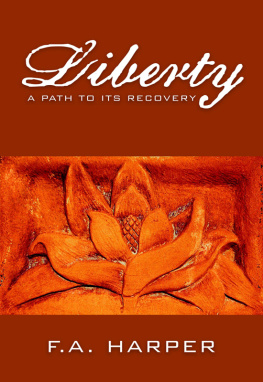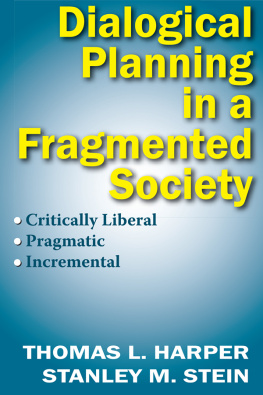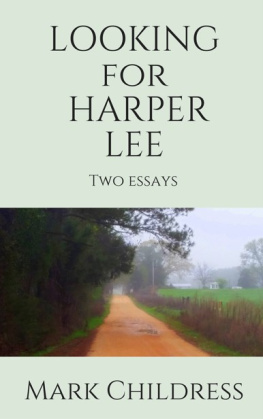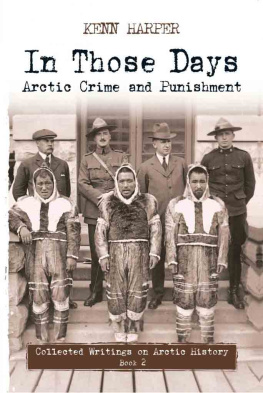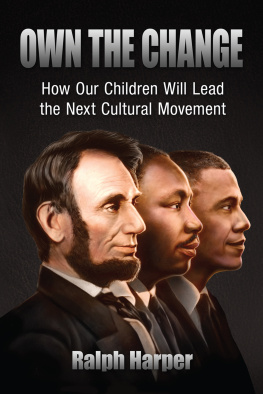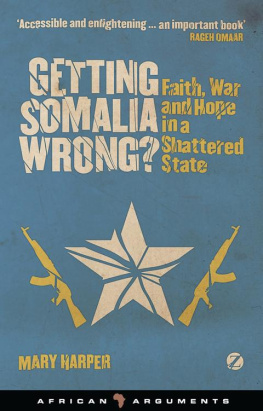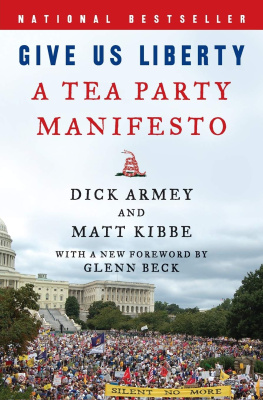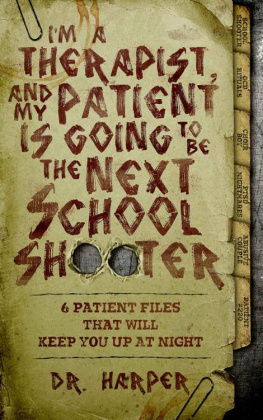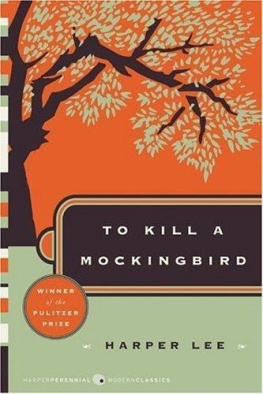Liberty
A PATH TO ITS RECOVERY
BY F. A. HARPER
THE FOUNDATION FOR ECONOMIC EDUCATION
IRVINGTON-ON-HUDSON, NEW YORK 1949
The Ludwig von Mises Institute
Auburn, Alabama
2007
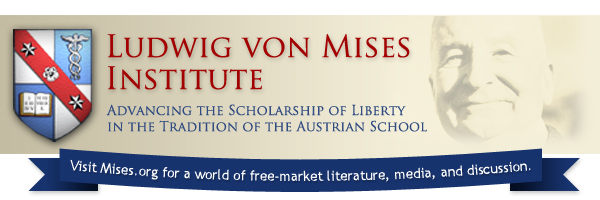
COPYRIGHT, 1949, BY F. A. HARPER
Permission to reproduce from this book, without special request, is hereby granted by both the author and publisher. Information about uses will be appreciated.
PRINTED IN U.S.A.
EDITORS NOTE
Dr. Floyd A. Harper has been a member of the staff of The Foundation for Economic Education since 1946. He came to The Foundation from Cornell University, where he had served as Professor of Marketing for over a decade.
His writings, which are characterized by down-to-earth practicality, include numerous articles and booklets, and the notable books The Worlds Hunger (with F. A. Pearson) and The Crisis of the Free Market.
Dr. Harpers occupation is economics; his pre-occupation is liberty. His thinking is here offered as a stimulant to independent thinking, and as an antidote to collective apathy.
ABOUT THIS EXPLORATION
MINDFUL OF THE SCOPE and complexity of the problem of liberty, these exploratory remarks on the subject are offered with humility as a progress report. It is hoped that they may stimulate further thought and study of this most important problem, among those who will disagree as well as among those who will agree.
Present associates and others deserve credit for the inspiration that has resulted in the development of these concepts of liberty. Probably most of the ideas have been contributed by them, though the origin of any idea cannot be traced. The parts that meet with their disapproval, however, are solely the responsibility of the author; he has not been asked to bend a word or a phrase against his own judgment, in deference to the differing opinions of any other persons.
Though these are the authors beliefs at the time of writing, he expects and welcomes honest disagreement. His own opinion will undoubtedly change on certain points as a result of evidence or reasoning not now at his command.
The path to truth is always strewn with the wreckage of ideas once held and later discarded, either by the person who held them or by others. Differing opinions and changes of opinion are the rights of persons under the subject being discussed Liberty.
F. A. HARPER
May, 1949
Contents
PART 1
THE DESIGN OF LIBERTY
The world has never had a good definition of the word liberty, and the American people, just now, are much in want of one. We all declare for liberty, but in using the same word we do not all mean the same thing. With some the word liberty may mean for each man to do as he pleases with himself, and the product of his labor; while with others the same word may mean for some men to do as they please with other men, and the product of other mens labor. Here are two, not only different but incompatible things, called by the same name liberty. And it follows that each of the things is, by the respective parties, called by two different and incompatible names liberty and tyranny.
ABRAHAM LINCOLN
CHAPTER ONE
THE NATURE OF LIBERTY
OPINIONS DIFFER widely about liberty. They differ widely as to what comprises liberty, as to how much of it we now enjoy, as to the amount that has been lost in this country.
The extent of difference of opinion as to what comprises liberty is indicated by the widely differing ideologies whose advocates claim to be correct in their particular concept of liberty. This includes the Republicans, Democrats, Socialists and all the other political organizations. It includes most civilian organizations of various sorts, such as the churches. It includes the United States, Britain and Russia. All claim to be championing the cause of liberty.
Many persons are unconcerned about liberty, which is still another attitude toward it. Many seem to consider liberty to be a thing of geography or of heredity. These persons loll in unconcern because they feel assured that liberty is safe in this country to which their ancestors once fled from autocratic tyrannies abroad. They seem to be unaware that the sons of free men may become slaves even in a land where a high degree of liberty has reigned.
Whatever the reasons for these widely differing beliefs about liberty, it is certain that harmony of action requires, as the first step, agreement on what comprises liberty; otherwise it is impossible to agree on its presence or absence, or on the conditions now suppressing liberty.
The main purpose of this study is to offer a concept of liberty that may serve as a guide to its recovery. First I will give my concept of the nature of liberty and of the function of government in maintaining a liberal society.
The spirit of liberty, denuded of philosophical terms, was expressed thus by a child of eleven years:
Im nobody but myself,
And myself is only me.
Im only myself in doings and ways,
And my mind is mine only, you see.
This verse reflects on the fact that liberty is an individual matter; that without liberty for the individual, there is no liberty at all. To recognize the individual nature of liberty is not to deny, as will be discussed later, that it is possible for government or other agencies to serve in defense of liberty. But first there is need to survey the individual nature of liberty so that it will not be lost from sight in a discussion of group action government, democracy, organization.
Liberty exists when a person is free to do whatever he desires, according to his wisdom and conscience.
This definition of liberty may well prove shocking. There may be an immediate temptation to say: Yes, but, and to consider it no further. But such a reaction may merely suggest how far we have strayed from an understanding of liberty, and from the intelligent devotion that is necessary for day-by-day decisions that would assure liberty. If that be our plight, and if liberty is to prevail, there must be a willingness to open ones mind to a discussion of the subject that may run head-on into some previously accepted beliefs. Unfortunately, it is impossible to discuss every aspect of this complex problem first, in order to relieve the shock; some choice of sequence in treating parts of the problem is necessary.
A HERMIT IS UNCONCERNED about liberty. To him it is not a problem so long as he remains a hermit. His problem, as a free person, is to live with himself and with his God. He is free to do as he wishes within the confines of his wisdom and conscience a limitation not considered to be a restriction of liberty, as that term is used herein.
Liberty becomes a matter of concern only when there arises the danger of losing it, or after it has been lost. Loss of liberty is possible only because of the things persons do to each other. The problem of liberty is, then, exclusively in the realm of relationships between persons.
The hermit, who lacks contact with all other persons, enjoys liberty to the full; it is no problem to him. But should he join society, and come to have relationships with others, liberty would then become a problem to him because its loss would then have become a threat. Others might then infringe upon his liberty; as an extreme, they might make him their slave.
As a problem of our concern, liberty has to do with all those things that comprise society, and nothing else. This includes all purchases and sales; it includes arrangements whereby some persons work for others; it includes voting for President, listening to the school teacher or to the preacher, and all other similar events common to everyday life. These are the areas where liberty is at stake. These are the realms in which one person may rob another of his liberty, and thus prevent him from doing whatever he wishes according to his wisdom and conscience.

